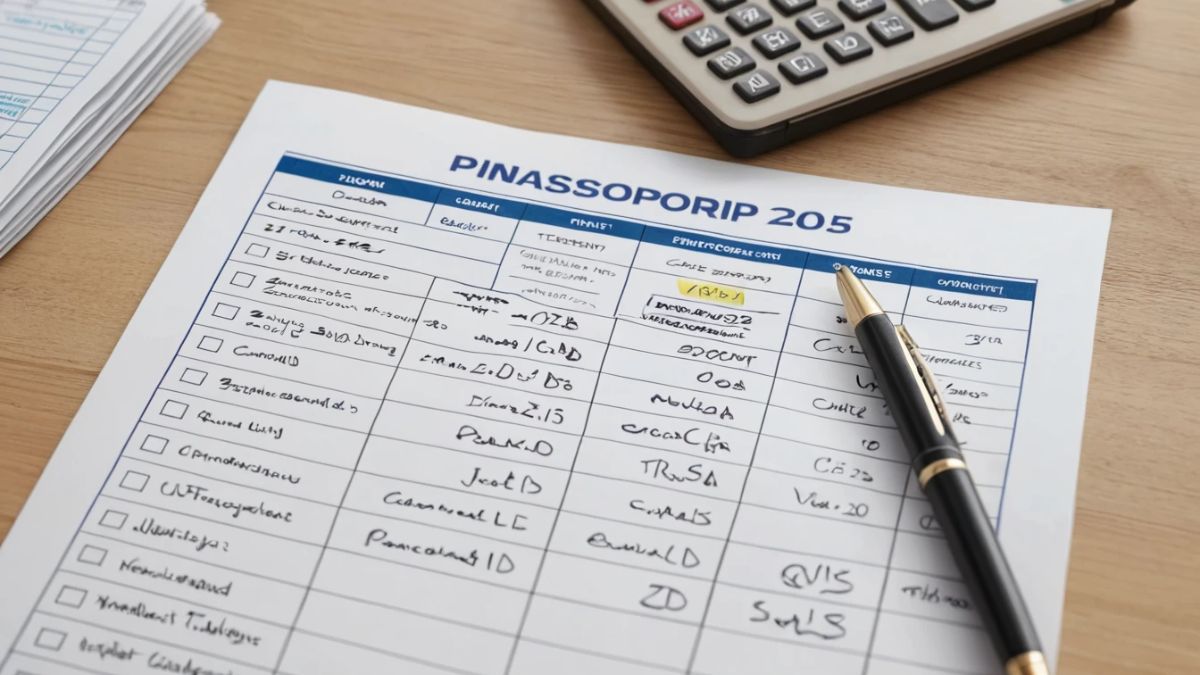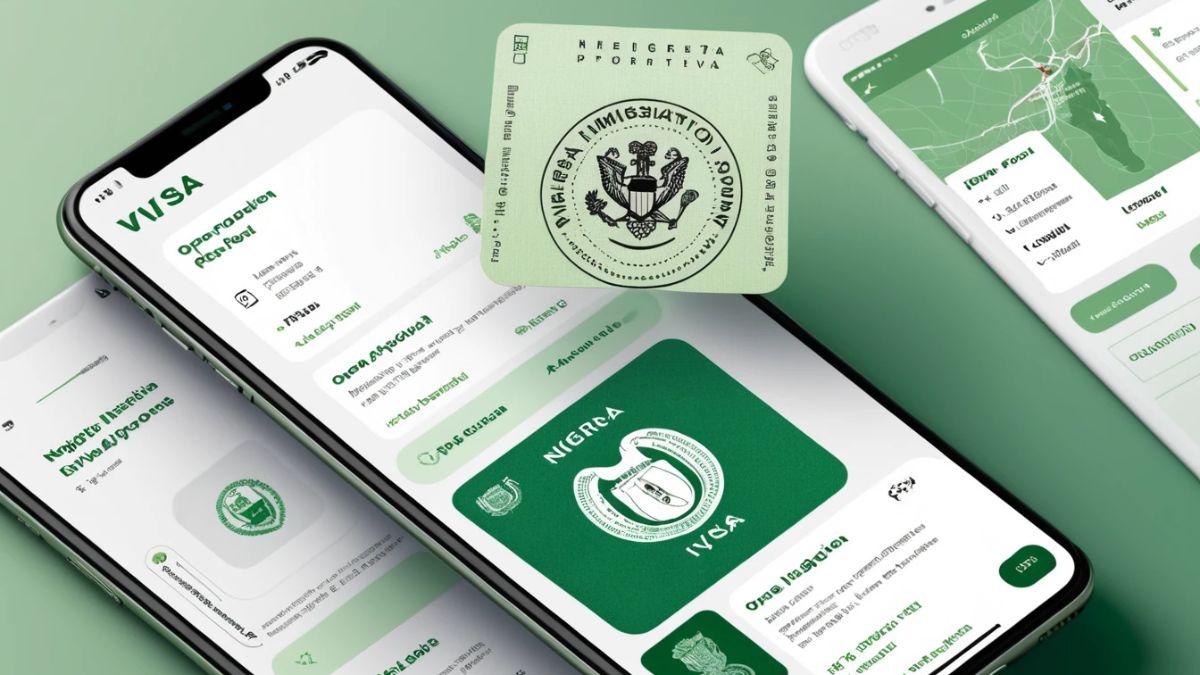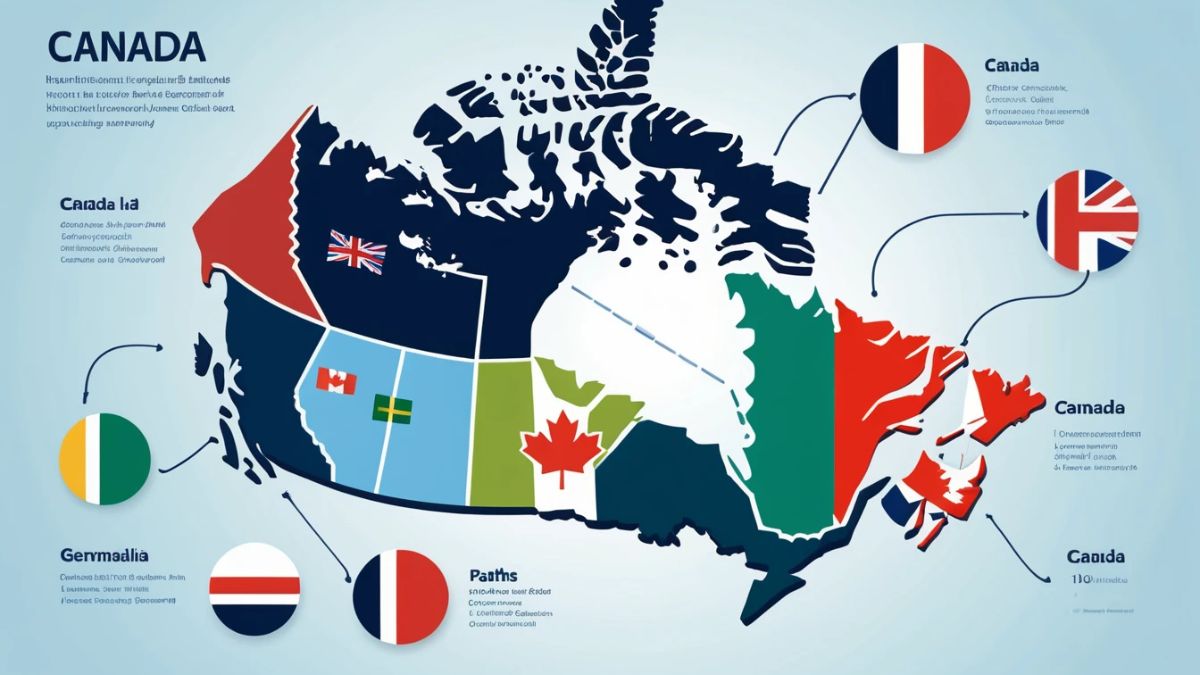Many Nigerians miss out on life-changing visa sponsorship opportunities not because they’re unqualified, but because they aren’t fully prepared when it matters most. Whether you’re applying for a job in Canada, the UK, Germany, or Australia, timing and documentation are everything.
This practical checklist is designed to ensure you’re ready when the opportunity comes. By preparing these key items in advance, you’ll avoid delays, reduce stress, and improve your chances of success in 2025.
1. Updated CV (International Format)
What it is:
A professionally written resume that follows international standards.
Why it’s needed:
Recruiters abroad expect a clear, concise CV that highlights your skills, experience, and education in a globally accepted format.
How to prepare:
Use a clean layout. Include your personal details, professional summary, skills, work history (with months and years), education, certifications, and language proficiency. Avoid photos or unnecessary personal information. Keep it to 1–2 pages.
2. Valid International Passport
What it is:
A government-issued travel document with at least six months of validity.
Why it’s needed:
A valid passport is required for visa processing and job offers. Many employers won’t consider applicants without one.
How to prepare:
If you don’t have a passport, apply at the Nigerian Immigration Service. If your current one is about to expire, renew it in advance to avoid delays.
3. Educational and Professional Certificates
What it is:
Official documents proving your academic qualifications and completed professional training.
Why it’s needed:
Employers and immigration officers need proof of your education to confirm your eligibility for skilled roles or regulated professions.
How to prepare:
Gather originals and photocopies of certificates such as WAEC, BSc, HND, ND, and any diplomas or trade licenses. If they are not in English, get them professionally translated.
4. Work Experience Proof (Reference Letters, Payslips)
What it is:
Documents that confirm your past job roles and responsibilities.
Why it’s needed:
Visa applications often require proof that you have relevant experience. Employers want to verify your job history and responsibilities.
How to prepare:
Request reference letters from past employers on company letterhead with dates, titles, and duties. Include payslips or employment contracts if possible.
5. Language Proficiency Evidence (If required)
What it is:
Test results showing your ability to speak, write, and understand the language of the destination country.
Why it’s needed:
Many countries require language skills, especially for health, education, and skilled worker roles.
How to prepare:
If your destination country requires English, consider taking exams like IELTS or TOEFL. For Germany, you may need a German language test. Prepare early and take recognized tests only.
6. Proof of Funds or Financial Readiness
What it is:
Bank statements or financial documents showing that you can support yourself during the application or relocation process.
Why it’s needed:
Even with a sponsor, some countries still require proof you can cover initial expenses like accommodation, transportation, or visa fees.
How to prepare:
Maintain a clean, active bank account. Save consistently and avoid suspicious transactions. Some roles or visa types may waive this requirement, but it’s safer to be ready.
7. Cover Letter or Personal Statement (For some roles)
What it is:
A written explanation of your interest in the job and why you’re a good fit.
Why it’s needed:
Some employers or visa processes request a personal letter to understand your motivation, goals, and communication skills.
How to prepare:
Write a clear, honest letter explaining who you are, your skills, and why you’re applying. Tailor it to each role and avoid generic content.
Bonus Tips for a Successful Application
-
Double-check expiration dates on your passport and certificates
-
Translate documents if they are not in English
-
Keep digital copies in PDF format and store them securely
-
Practice for interviews with mock sessions or sample questions
Why Preparation Is Your Advantage
In the competitive world of visa sponsorship, being prepared is a major advantage. When your documents are in order and your application is complete, you stand out from the crowd.
It also saves valuable time—many recruiters won’t wait weeks for missing papers. And in many cases, you only get one shot. Make it count by being ready from day one.
FAQ
Can I apply for sponsorship without a degree?
Yes. Many caregiver, construction, and hospitality roles do not require a university degree. However, some formal training or experience is usually expected.
Is proof of funds always required?
Not always. Some visa sponsorships cover full relocation costs. But certain countries or roles may still ask for proof you can support yourself initially.
What should be in my international CV?
Your CV should include your name, contact info, professional summary, skills, work history, education, certifications, and language abilities. Avoid photos and unnecessary details.
Can WAEC results be accepted?
Yes. WAEC certificates are accepted for many entry-level roles or as proof of secondary education. Ensure the document is clear and readable.
Do I need to notarize my documents?
Not usually. But some countries may require notarized copies or certified translations. It’s good to check the specific requirements of the visa or employer.














